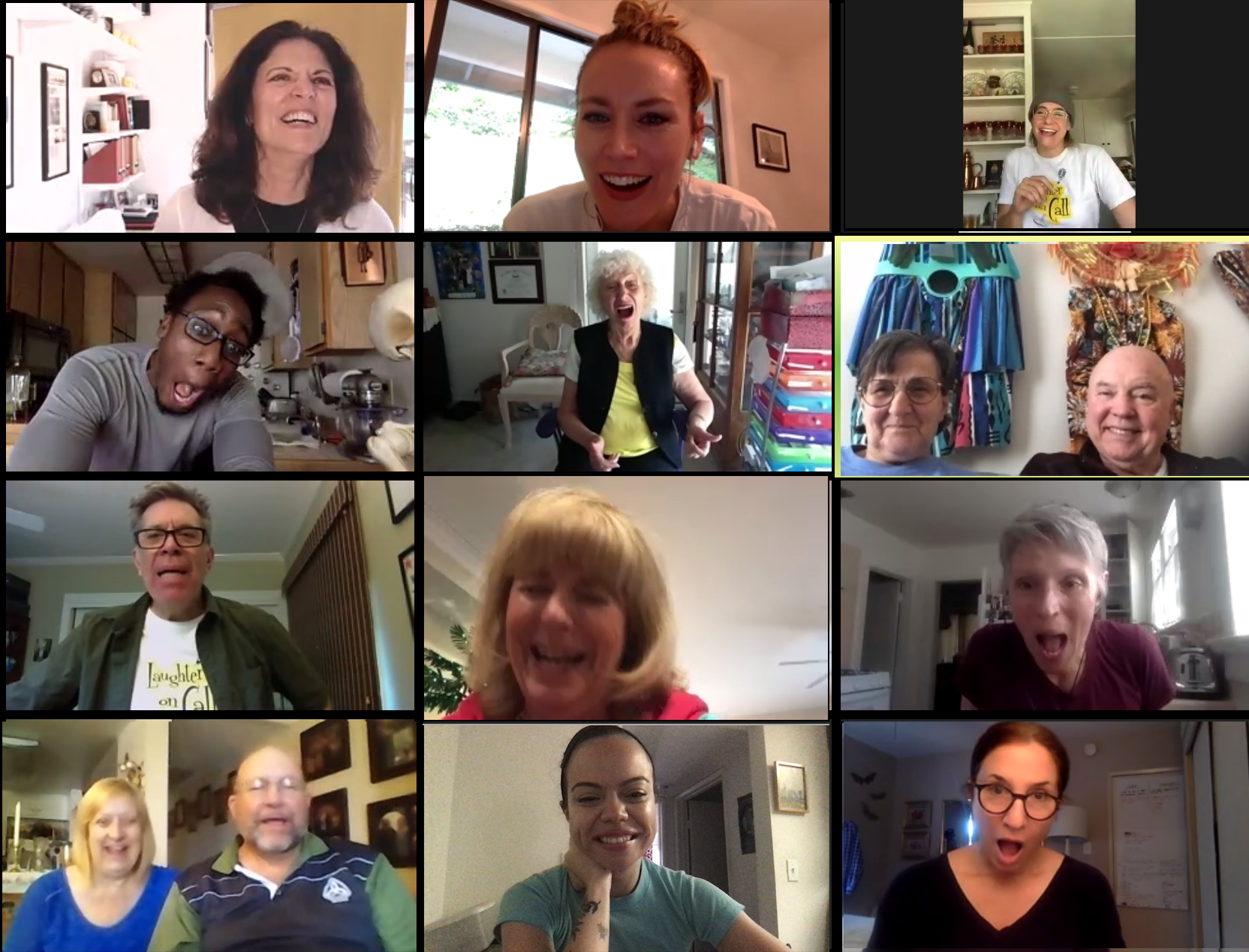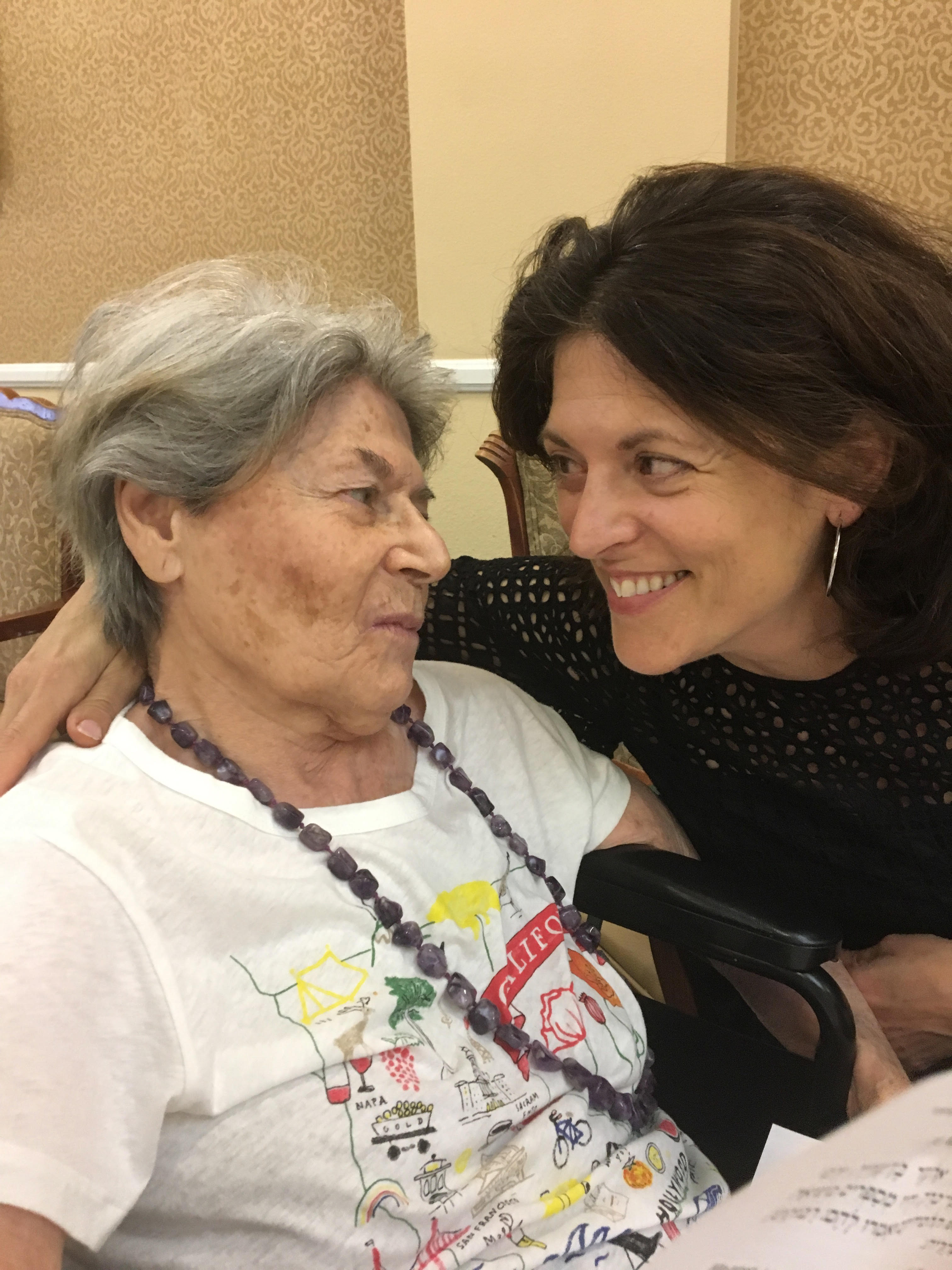Medical research agrees laughter is good medicine but can it work for caregivers and older loved ones during a pandemic crisis?
In 1979 Norman Cousins wrote his seminal book, Anatomy of an Illness, chronicling self-prescribed laughter as a cure for his debilitating disease. He advised 10 minutes of laughter (his solution was watching “The Marx Brothers”) gave him 2 hours of pain relief. Over the last 40 years, humor has been analyzed by scientists and medical researchers for its therapeutic effect to reduce pain associated with certain chronic diseases, alleviate depressive symptoms, calm anxiety in dementia patients, improve immunity, boost infection-fighting antibodies and relieve caregiver stress.
Dr. Lee Berk, a psychoneuroimmunologist and noted researcher on laughter therapy at Loma Linda University School of Allied Health Professionals, shares that even in the Bible, the connection between humor and health is cited in Proverbs, “A merry heart does good, like medicine, but a broken spirit dries the bones.” And, the Koran states, “He deserves Paradise who makes his companions laugh.”
In this era of coronavirus, laughter can help family caregivers with emotional health by providing a positive effect to overcome fear, spark creativity and help put the challenges of COVID-19 into perspective. A study on laughter health effects on nursing home residents found such positive results in improved quality of life for older adults, the researchers recommended, “Nursing home management should integrate laughter therapy into health care and laughter therapy should be provided as a routine nursing intervention.”
Helping Dementia Caregivers Tackle Social Distancing with Laughter
Even when practicing social distancing, caregivers can share humorous moments with isolated older loved ones as an easy way to increase the physical and emotional health of both parties. But in these serious and anxious times, is laughter appropriate?
I reached out to Dani Klein Modisett, founder of Laughter On Call, an organization that provides comedy companions, memory care staff and family caregiver training and workshops, improv and storytelling events and currently streams a daily lunchtime laughter session in support of Alzheimer’s patients and their families and care workers. She shared these important tips on how to infuse the caregiving coronavirus journey with a little comedy relief.

Q: What “humor tools” can family caregivers use to connect with loved ones when they have to practice social distancing?
DKM: The first humor tool for caregivers who need to social distance is listening. Being present in whatever way you can – especially if it’s through video chat – asking how they are doing and just listening. If your loved one is still verbal, my sense is that they want to connect and communicate with the people they love most. Asking questions, listening to their answers and being as empathic as you can is important. Also, sharing from your own life, lending perspective that this is not going to last forever and that we will get through this is key.
The next tool might be to give examples of experiences you have gotten through together, that you have come to laugh about it. For instance, “It’s just like that time when….” (fill in the blank). Telling a story of perseverance from another time in their life, depending on where they are cognitively, and making it entertaining by imitating some of the people and exaggerating a little will definitely bring levity to the moment.
Another great tool is what I refer to as “letting go of the moment before.” If a moment in the conversation doesn’t work, or creates frustration for them because they don’t understand or can’t remember what you are talking about, move on to something joyful. Talk about a pet or grandchild or something silly about your day. When facing Alzheimer’s and other dementias with loved ones, there will be sad moments, but they won’t all be sad, and you want to leave yourself available to those happier moments! You may also want to sing a song they love and invite him or her to sing with you. The idea is to engage and lend some distraction, however silly it might feel. We’ve been known to make a silly face or two, turn a napkin into a puppet, it’s a bit of a trial and error endeavor because you never know what might connect, but the key is to keep trying.
Q: Is it OK to use humor and laugh during this serious crisis?
DKM: Not only is it okay to insert humor, at Laughter On Call we believe it is the key to keeping your sanity and connection to others. You just want to always be sensitive that you are not making fun of someone, that you are laughing with them, together, at the absurdity of the situation and not at them.
Obviously, there is nothing funny about the death of a loved one or the anxiety of not being able to see a loved one while we are all in isolation. Being sensitive to the other person’s situation and feelings around these extreme times is of utmost importance, but for those not in imminent threat of death or grieving a loss, being able to lighten the mood will be a welcome relief. The best part of lending humor to a situation or conversation is that it creates connection with the person. So much of what we are experiencing right now is isolation. Sharing a laugh with someone says, “I totally get it, I understand you, you are not alone.”

But there absolutely has to be heightened sensitivity to a person’s circumstances during these times. Ask some questions first, and listen to their answers and their tone before launching into a rant like I would about my sheltering in a small house with two teenagers, or what I have been referring to as the Corona Hostage Crisis.
Q: Any other advice for caregivers to survive and thrive beyond COVID-19 with humor?
DKM: I read in Psychology Today, “Humor is, of course, the one thing that fear cannot abide: Laughter banishes anxiety and can help replace fear. Laughter is a testament to courage, or at least a manifestation of the wish for it, and courage is stronger than fear.”
Laughter, then, connects us to our courage which gives us hope. When we are able to laugh about something it reflects a gaining of perspective, that whatever we are going through we will get to the other side. It is a reminder that the fear, anxiety and depression are not the end of the story. Through shared laughter we gain faith that we will not always be in a dark place, we laughed and we will laugh again.


